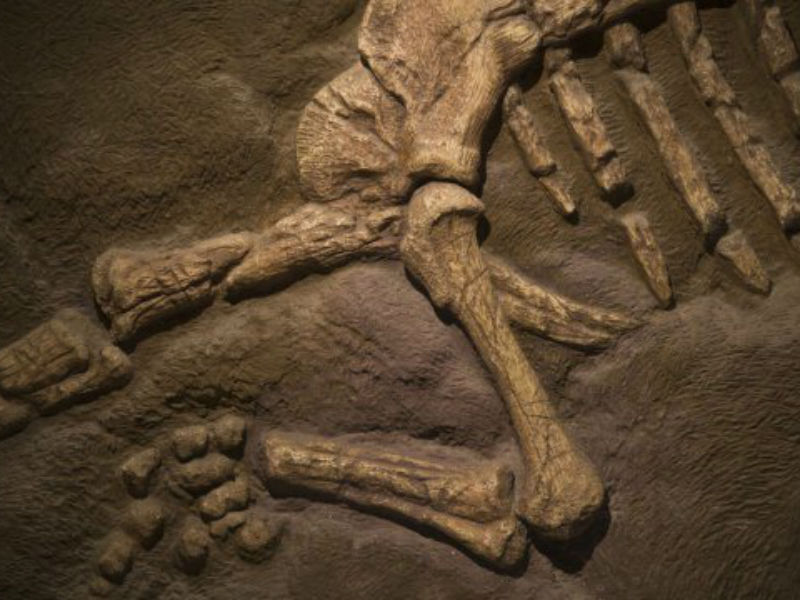
Cold and Darkness Following Earth-Asteroid Collision Contributes Mass Extinction of Dinosaur: Study
The extinction of the giant animal Dinosaurs dates back nearly 66 million years, and a bid collision of an asteroid with the earth is believed to be the reason behind it. However, the exact reason of the mass destruction of the monster species is still a bit mysterious. However, a recently conducted study has blamed the excess chilly and dark weather after the collision to be the real reason behind the mass destruction of the species. As mentioned in the study, a mere beat of an asteroid with the earth wasn’t enough to entirely obliterate the dinosaur lives on Earth. It is the excessive chilly and darkened atmosphere which massively contributed to the complete destruction of dinosaur species from the earth.
The new climatic report, published in the academic journal ‘Geophysical Research Letters’, revealed how the consequences of the big strike of the asteroid with the earth have impacted the survival of any life on Earth. As per the study, the aftermath of the crash not only wiped out dinosaurs but also destroyed all most every single existence from the earth, including plants. The lack of light after the crash might have had a direct and deadly impact on plants and the rest of the food chain, which eventually wiped out the entire survival from the earth.
The study was conducted by Julia Brugger, a researcher from the Potsdam Institute for Climate Impact Research (PIK) and colleagues. For driving the conclusion, the researchers used computer simulations and created a diagram that revealed how the global temperatures transformed following the asteroid struck. The findings ultimately highlighted the significance of weather in the endurance of life forms on Earth.
As mentioned in the study, the crash of asteroid with the earth generated the dewdrop of sulfuric acid, which later went up to the air, keeping the sunlight blocked out for hundreds of years. It subsequently contributed to the darkness and coldness on the earth and devastated all the lives. After the crash of the massive Chicxulub asteroid with the earth, around 66 billion years ago, the global temperatures significantly jumped down, resulting in extreme wintry which reduced the odds of continued existence of the fossils that managed to endure the impact.


